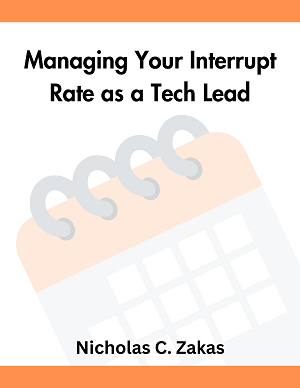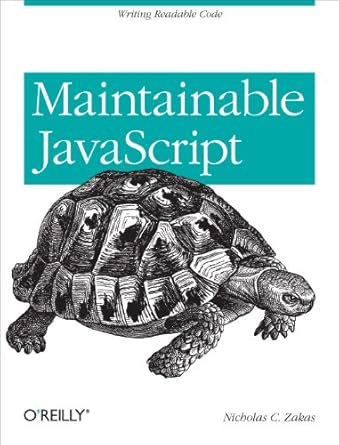“Wow, she is cute,” I exclaimed to my friend who had just showed sent me a photo of a girl on Facebook.
“I know,” he said, “but I wouldn’t put a comment to that effect in the message. I’m not sure if she’ll get to see it or not.”
I admit that I was late to the Facebook phenomenon. I was already out of college when I first heard about it, and at that time, you could only sign up using a college email address. I signed up for an account when Facebook opened up enrollment to everyone just to see what it was all about. I played around for a bit and didn’t get it at all. My account remained mostly unused for months.
Slowly, people started finding me and friending me on Facebook. I’d log in just to accept the friend request (to be polite) and would often get stuck reading something about someone I knew. Then the games started. Friends would start challenging me to any number of online games. Being the incredibly competitive person that I am, I could resist. Any loss meant I immediately had to challenge them back. I hate losing and the thirst for instant revenge was easily quenched.
As my network grew, so did my usage of Facebook. I went from only logging in when someone sent me a friend request to logging in just to see what everyone was doing. And then doing that multiple times a day. And that’s why Facebook is the phenomenon that it is, because it encourages what has become known as “check in” behavior. You feel compelled to constantly check in with Facebook to see what’s going on. It taps into the voyeuristic side in all of us, both the part that loves watching others and the part that loves being watched.
Following the conversation with my friend, I realized that Facebook isn’t just a social network; Facebook is actually a society in and of itself. There is only one rule in this society: complete transparency. When you become a member, you agree to broadcast all kinds of information about yourself with the understanding that anyone who knows you will receive it. Anything you do within the confines of this society is fair game, and further, you’re encouraged to share what you’re doing outside of the society as well. Integrations with your Flickr and Delicious accounts will inform others when you’ve made changes, you can automatically import your blog postings, and tell everyone what videos you’ve watched on YouTube.
Facebook fascinates me from a social interaction point of view. It answers the question, “what would it be like if everyone knew what everyone else was doing?” In this society, your friends all know when you’ve met someone new, when you’ve started dating someone, when you’ve broken up, when you’ve changed jobs, when you’ve moved, and more. The complete and utter transparency of Facebook interactions actually forces members to change their behavior. Everyone knows that if they do something offensive within the network, anyone they’re connected with will be informed…instantly. As a result, the Facebook society becomes almost self-regulating. The transparency that inspires openness also inspires fear. The fear of being ostracized from the rest of society is a strong enough force to alter one’s behavior. That fear is evident in the conversation with my friend; neither of us wanted this girl to know that our conversation had happened and so we altered our behavior to ensure that.
Now imagine that the same social interaction rules applied in real life. The conversation with my friend would mean that this girl receives a notification that I thought she was cute. This happens because he is actually friends with her and friends with me, so that common connection opens up the door for information. If I knew that this was the consequence of mentioning how cute I thought this girl was, I’d think twice before stating it publicly. In fact, I’d probably only say it if I had some belief that she’d welcome the compliment and be potentially interested in pursuing a romantic relationship.
Imagine that. A society where people actually think about the consequences of what they say and do because they know their actions aren’t secret. Imagine how real life would change if people behaved like this every day. Imagine getting a message, “Michael just cheated on his wife” or “James nearly hit an old lady crossing the street because he wasn’t paying attention.” That’s what a fully transparent society would be like. And you can experience it today on Facebook.





